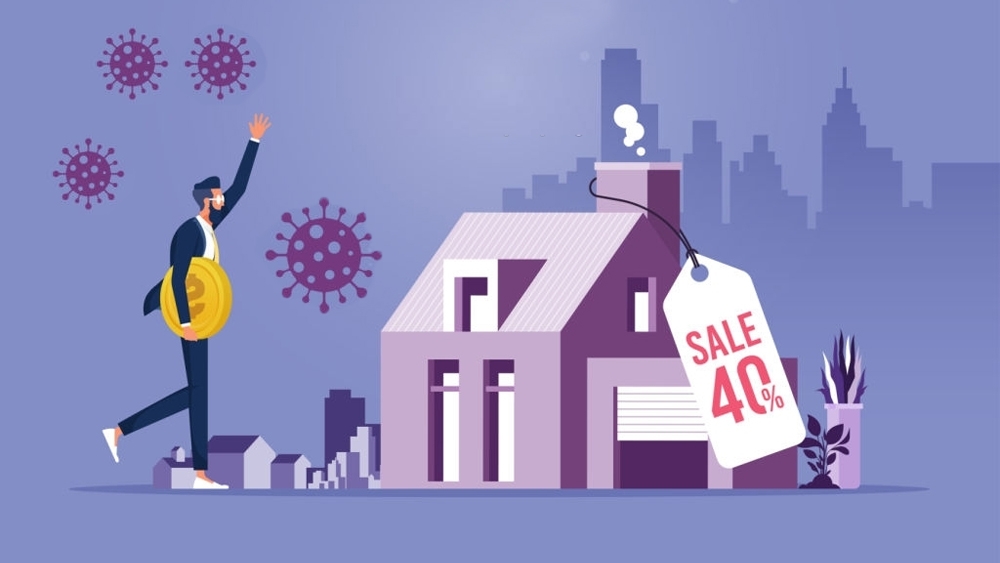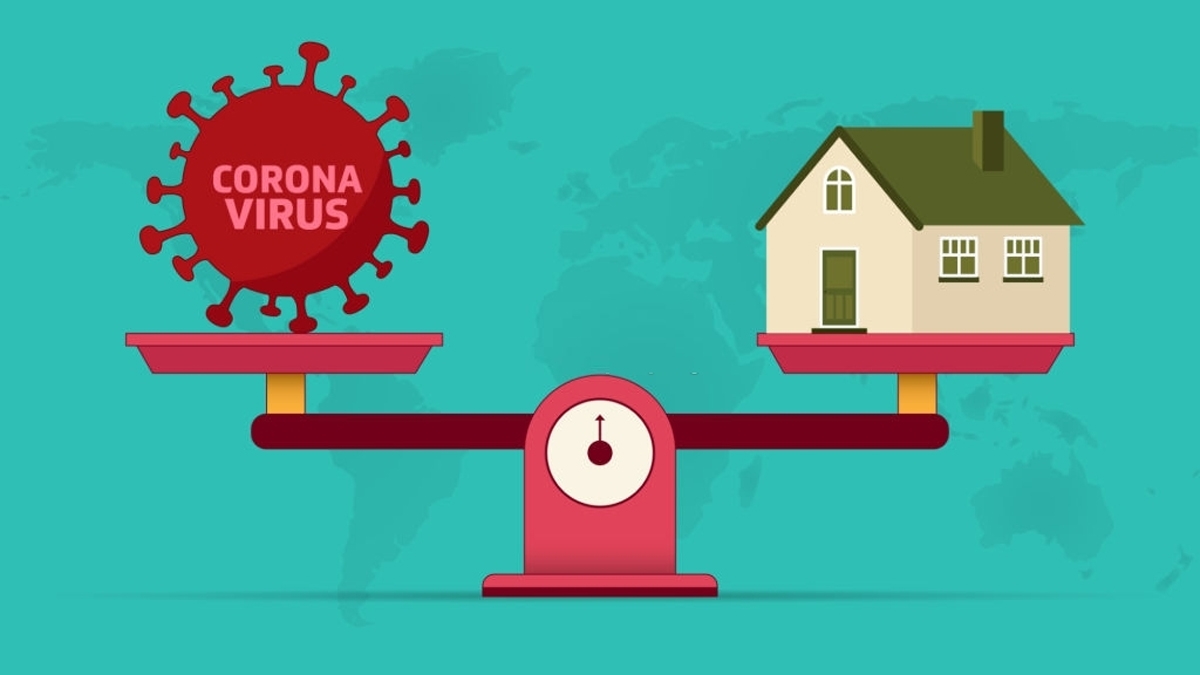Housing experts predict that in 2021 and the post-Corona era, despite the mass production of vaccines against the disease, housing prices will fall temporarily. Therefore, we will see even a slight boom in the residential real estate market in the not too distant future. Despite an 8% drop in world housing prices, housing prices are projected to improve in 2022. Considering that construction creates many direct and indirect jobs, despite the significant decline in housing transactions, this has also reduced employment.
The economic consequences of the coronavirus outbreak have led to an unprecedented downturn in the residential real estate market in recent years. According to the current situation and the observance of health protocols, the criteria for people to choose a house have changed. According to their taste, most people who can buy or rent a house try to choose a home that has at least a private yard or balcony. This is because the need to leave the house to improve mood can be associated with the risk of covid-19 infection.

Covid-19 and housing
Although some reports suggest, housing prices have fallen, in some countries, housing prices have risen to 18 percent above their pre-Corona average. For example, In Turkey, with the corona epidemic, housing prices have increased by 25.7 percent, compared to last year, and inflation is currently 12 percent. The extent of its impact on the residential real estate market has varied depending on the conditions and laws of each country against the Covid-19 virus. In the US residential real estate market, a wave of “migration of families of different social classes to the suburbs” has taken shape, as reported in previous official reports on European housing markets.
The rich, middle-income and even low-income, each with a “different influence from the Covid-19 era”, have made a joint decision for the future of their settlement, which is to change their place of residence from central cities to peripheral cities.
Covid-19 impact on cheap and luxury houses
Coronavirus has revolutionized North America’s residential real estate market. Expensive and luxurious homes have become cheaper, and suburban houses have become a viable, low-cost option for people who work from home these days due to the prevalence of the Coronavirus. In contrast, demand for affordable housing has risen sharply. These developments are most evident in the United States. According to the Economist, homeowners are still worried that the recession caused by the corona outbreak could lead to lower residential real estate prices. Low interest rates have led to a bubble in the residential real estate market of the world’s wealthiest people. Prices in the largest cities in the United States rose 2.5 percent in August from a year earlier, according to the Case-Schiller of the Standard & Poor’s Accreditation Institute.

How Covid-19 transformed the residential real estate market
Corona has transformed the world residential real estate market. Suburbs have historically always been less diverse than cities because of the combination of social and racial classes. This is the result of many social and economic stimuli that affect the development of urban areas. But suburban areas and places where people come to downtown and work are evolving during the Covid-19 pandemic. An increase in the number of unaffordable downtown homes has driven these people to the suburbs. This trend can increase the racial and class diversity of the suburbs more than in the past. These days, the changing pattern of urban development and the effects of Corona together have led to further transformation of the suburbs.

